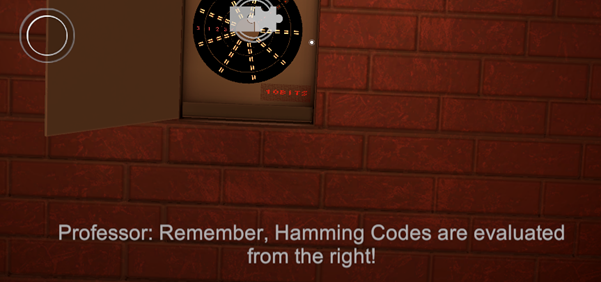Bayesian Knowledge Tracing Implemented in a Telecommunications Serious Game
DOI:
https://doi.org/10.17083/ijsg.v11i2.738Keywords:
Knowledge Tracing, Serious Games, Procedural Generation, Synthetic data generation, 3D virtual environments, UnityAbstract
The University of Johannesburg has integrated serious games into its teaching, exemplified by Codebreakers, a 2D game teaching information theory. While successful, Codebreakers lacked personalisation and used a criticised assessment method based on answer streaks. Knowledge tracing algorithms, known for their effectiveness in intelligent tutoring systems, were considered to address these limitations. This led to the research question: "Can a new serious game be designed, incorporating knowledge tracing algorithms to deliver personalised learning experiences in telecommunications education?" In response, an escape-themed serious game was developed, integrating Bayesian Knowledge Tracing as a statistical student model for personalised learning. This innovative approach combines free-roam gameplay with tailored educational content, significantly advancing serious game design. While primarily aimed at enhancing Codebreakers, this new game contributes substantially to serious game theory by successfully implementing personalised learning within an engaging format. The project showcases the potential of knowledge tracing algorithms in creating adaptive, student-centered learning experiences within the context of educational games.

Downloads
Published
Issue
Section
License
Copyright (c) 2024 Halatedzi Nedombeloni, Reolyn Heymann, Japie Greeff

This work is licensed under a Creative Commons Attribution-NonCommercial-NoDerivatives 4.0 International License.
IJSG copyright information is provided here.